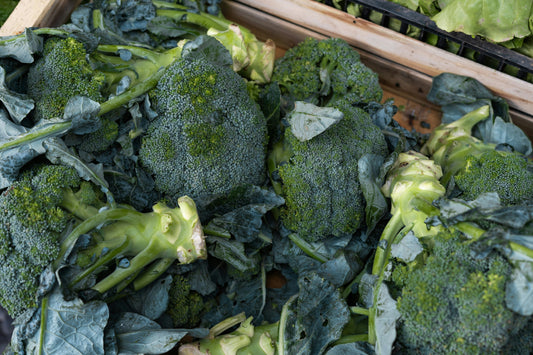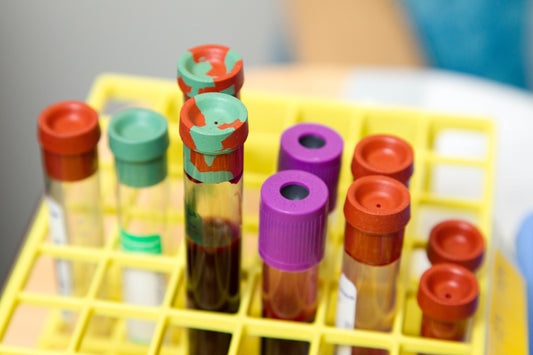Are you looking to improve your chances of conceiving? One important aspect to consider is your diet. A healthy diet can improve fertility and help prepare your body for a healthy pregnancy. Nutrients are the raw ingredients needed to help eggs and sperm form and keep them protected from damage, so should be the focus of your fertility health.
Eggs and sperm both take approximately three months to form and during this window of time, you have the opportunity to influence their health through your diet. Click here for more information about conception health and things you can do to support your fertility.
5 ways to improve your fertility health:
-
Focus on whole foods: Eating a diet rich in whole foods, such as fruits, vegetables, whole grains, lean proteins, and healthy fats, can improve your overall health and fertility. These foods provide essential vitamins, minerals, and antioxidants that support reproductive health and hormone balance. By focusing on whole foods you are taking a lot of work out of improving your diet! Whole foods are packed with nutrients and eating mostly whole foods means you will automatically improve your nutrition. Need a done-for-you fertility friendly meal plan? Click here.
- Include specific fertility-promoting foods: Certain foods have been shown to enhance fertility. Examples include dark leafy greens, such as spinach and kale, which are high in folate and iron, and fatty fish, like salmon and sardines, which are rich in omega-3 fatty acids. Other fertility-promoting foods include nuts and seeds, avocados, and eggs. My top three foods to include at least 4 times a week are oily fish, leafy greens and nuts and seeds.
-
Limit processed foods and refined sugars: Highly processed foods and refined sugars can disrupt hormone balance and cause inflammation, which can impact fertility by reducing ovulation or impacting egg and sperm quality. Try to limit your intake of processed foods, sugary drinks, and snacks, and focus on whole, nutrient-dense foods instead.
-
Stay hydrated: Drinking plenty of water is important for overall health and fertility. Dehydration can negatively impact cervical mucus, which is essential for sperm survival and transport. Aim for at least 2 litres of water or herbal tea per day.
- Consider supplements: While it's best to get nutrients from whole foods, certain supplements can be beneficial for fertility. Most women will need some supplemental support for key nutrients before conception and during pregnancy. Folate, iodine, vitamin D, and omega-3 fatty acids are a few of the key nutrients to consider supplementing. For help with supplements book a supplement review here.
Sticking to the basics of whole foods + supplementing a few key nutrients can go a long way towards improving your fertility and increasing your chances of conceiving.




